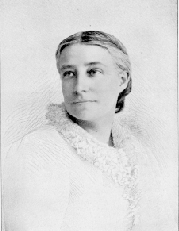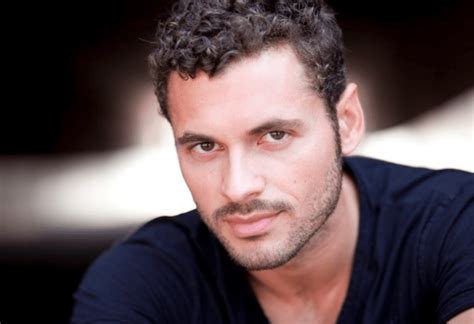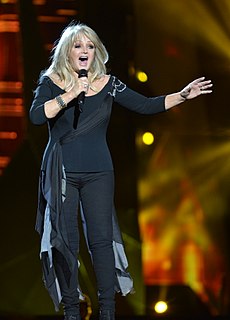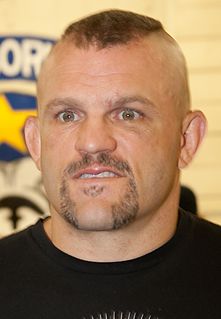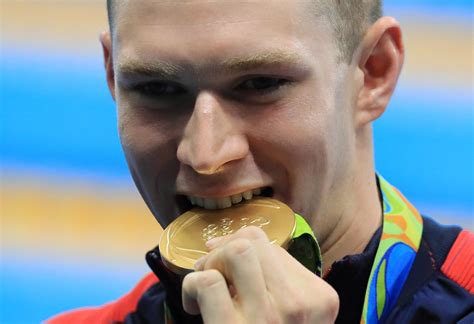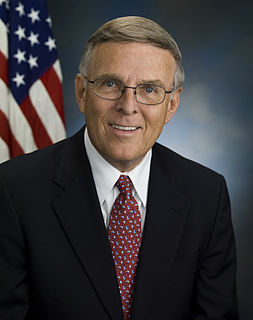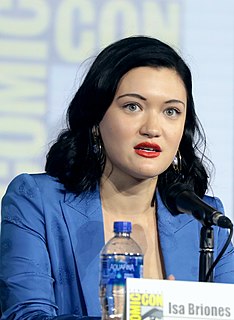A Quote by Elizabeth Stuart Phelps Ward
I read, with a kind of hopeless envy, histories and legends of people of our craft who "do not write for money." It must be a pleasant experience to be able to cultivate so delicate a class of motives for the privilege of doing one's best to express one's thoughts to people who care for them. Personally, I have yet to breathe the ether of such a transcendent sphere. I am proud to say that I have always been a working woman, and always had to be.
Related Quotes
If you come from a working-class background, you can't afford to write full time, because you're just not being paid. Basically, all my arguments come down to Marxist doctrine: The world is shaped by money, so the only voices you'll hear are the ones with money behind them. But thankfully, culture and cool are some things that circumvent money, because if you're cool, people will want to give you money - suddenly you shape the market and people start coming to you. Which is why culture has always been a traditional way out for working-class people.
I always write authors after I read their books. I've been doing it for years. I write a formal letter and send it to them in care of their agent. My mother always taught us to write thank you notes, and if an author puts themselves out there, they like to hear that their book connected with someone.
Back home I had always been comfortable around people. I was the troublemaker, always being funny - that's just who I am. I'm Latina; I've always had that extra little flavor. But when I got to New York, it became about being comfortable with myself in a place where I didn't know many people, and that was the big challenge. Ultimately my personality helped me build relationships with the people I was working with, and I was able to stand out.
I suppose I don't have to work, but I do love working. I class myself as a working-class girl, and I've never stopped working. When I'm offered shows here, there and the other, I do an awful lot because I feel other people would love to be offered what I'm offered; who am I to say no? I'm definitely working class, and I always will be.
I'm a product of state schools. I had a working-class family. We had no books. I was the first to go to college. But I didn't really think about it, or about making money. I was just going to be an artist, and I've been fortunate. I've never had to work for anybody nor have I had to write for money. Maybe that's another reason that I've been able to be productive. I haven't had to use my writing to make a living.
I do feel like I owe something, but not to the industry. When you say "industry," I think of a group of people who don't really care much about you and treat you as a commodity. So, in that regard, I don't feel like I owe anything. But the people who've always been supportive of me and have always seen me for my greatest potential-those are the people who I feel like I owe something to. I feel like I am their voice. I owe it them to represent them in a way that they can be proud of.
I've always been surprised when a straight guy likes me. It's just been like my whole life has been kinda like that. I definitely felt like when I started writing music, it wasn't writing for a gay audience at all. I was just writing for me. But what I say whenever I get this question is my best friends have always been gay, I've always been, as a person, just accepted by the gay community, and celebrated and had the best nights of my life at gay clubs. Always had a fashion sense usually with drag and I don't know. That's just kind of my people. That's just kind of where I fit in.
Envy, envy eats them alive. If you had money, they’d envy you that. But since you don’t, they envy you for having such a good, bright, loving daughter. They envy you for just being a happy man. They envy you for not envying them. One of the greatest sorrows of human existence is that some people aren’t happy merely to be alive but find their happiness only in the misery of others.
